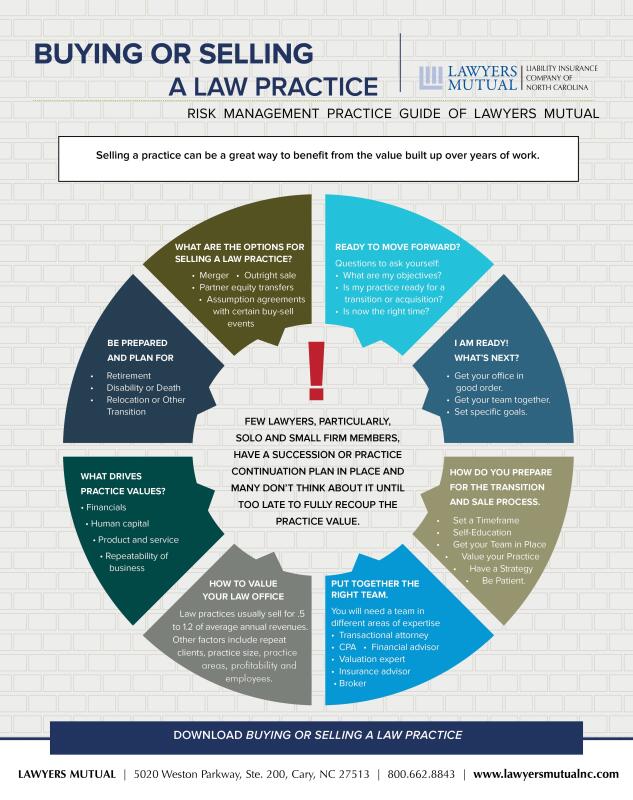The Cost Of Fraud: A Financial Analysis Of Clerical Crime'S Impacts
The Cost Of Fraud: A Financial Analysis Of Clerical Crime'S Impacts
Blog Article
Created By-Williams Booker
Think of a pristine garden, carefully supported over years, loaded with lively flowers and lush plant. Currently, Best Criminal Lawyer Baton Rouge, LA of dangerous bugs calmly penetrating this haven, gnawing away at the roots and flowers, leaving behind a route of devastation.
This metaphor aptly captures the price of white collar criminal activity, a sneaky hazard that penetrates our economy with devastating effects. As https://www.nytimes.com/2022/10/11/us/politics/oath-keepers-kellye-sorelle.html enter this discussion, prepare to uncover the surprise financial influence of white collar crime and the significant repercussions that linger long after the criminals have actually disappeared from the scene.
The Financial Toll of White Collar Criminal Offense
Clerical crime exacts a hefty monetary toll on people, services, and the total economic situation. It isn't simply a victimless criminal offense or a minor hassle. The repercussions are far-ranging and damaging.
When people succumb white collar crime, they often shed their life savings, their homes, and their complacency.
Organizations, on the other hand, experience substantial economic losses because of fraudulence, embezzlement, and various other forms of white collar criminal activity. These criminal offenses cause decreased profits, harmed reputations, and even insolvency in many cases.
Furthermore, the economy as a whole suffers as clerical criminal offense weakens count on the monetary system, lowers consumer self-confidence, and interferes with economic development.
The monetary toll of clerical criminal activity can't be ignored, and it's crucial that we take strong steps to stop and battle this kind of criminal task.
The Disintegration of Trust in Institutions
The disintegration of rely on institutions issues of clerical crime that has significant implications for individuals and society. When clerical criminal offenses are dedicated by people ready of power and authority, it weakens the trust that people have in those establishments.
This erosion of trust can have numerous negative results:
- ** Loss of belief in the justice system **: When individuals see those in powerful placements escaping white collar criminal offenses, it can bring about a loss of faith in the justice system. People may feel that there's a lack of liability for those that devote such criminal activities, which can erode trust in the lawful system.
- ** Lowered confidence in financial institutions **: Clerical criminal activities often involve economic fraudulence and control. When individuals or establishments are found guilty of such crimes, it can cause a decline in confidence in banks. This can have a negative effect on the economy as people may be hesitant to invest or trust these establishments with their money.
- ** Damaging of social material **: Rely on organizations is a fundamental pillar of a working culture. When that trust is worn down, it can lead to a weakening of the social material. Individuals might come to be extra cynical and cynical of organizations, which can bring about a malfunction in social cohesion and teamwork.
Long-Term Economic Outcome
Loss of rely on organizations due to clerical criminal activity can have long-lasting financial effects.
When people and businesses lose faith in the stability of establishments, they may come to be hesitant to spend or take part in financial tasks. This absence of count on can result in a decrease in consumer costs, as individuals come to be much more mindful with their cash.
In addition, services may be reluctant to develop partnerships or enter into contracts, being afraid that they'll be capitalized on by dishonest people.
The long-lasting financial effects of this loss of count on can include slower financial development, lowered task creation, and reduced market competition. It's important for institutions to address white collar criminal activity and recover trust in order to guard the long-term financial wellness of a nation or area.
Verdict
In conclusion, the economic impact of white collar criminal activity is shocking, with repercussions that get to much past just financial losses. It wears down the trust we position in our institutions, leaving a void that's tough to fill up.
Like a ruthless storm, white collar criminal offense leaves an enduring mark on our economy, leaving us to face its after-effects for many years ahead.
